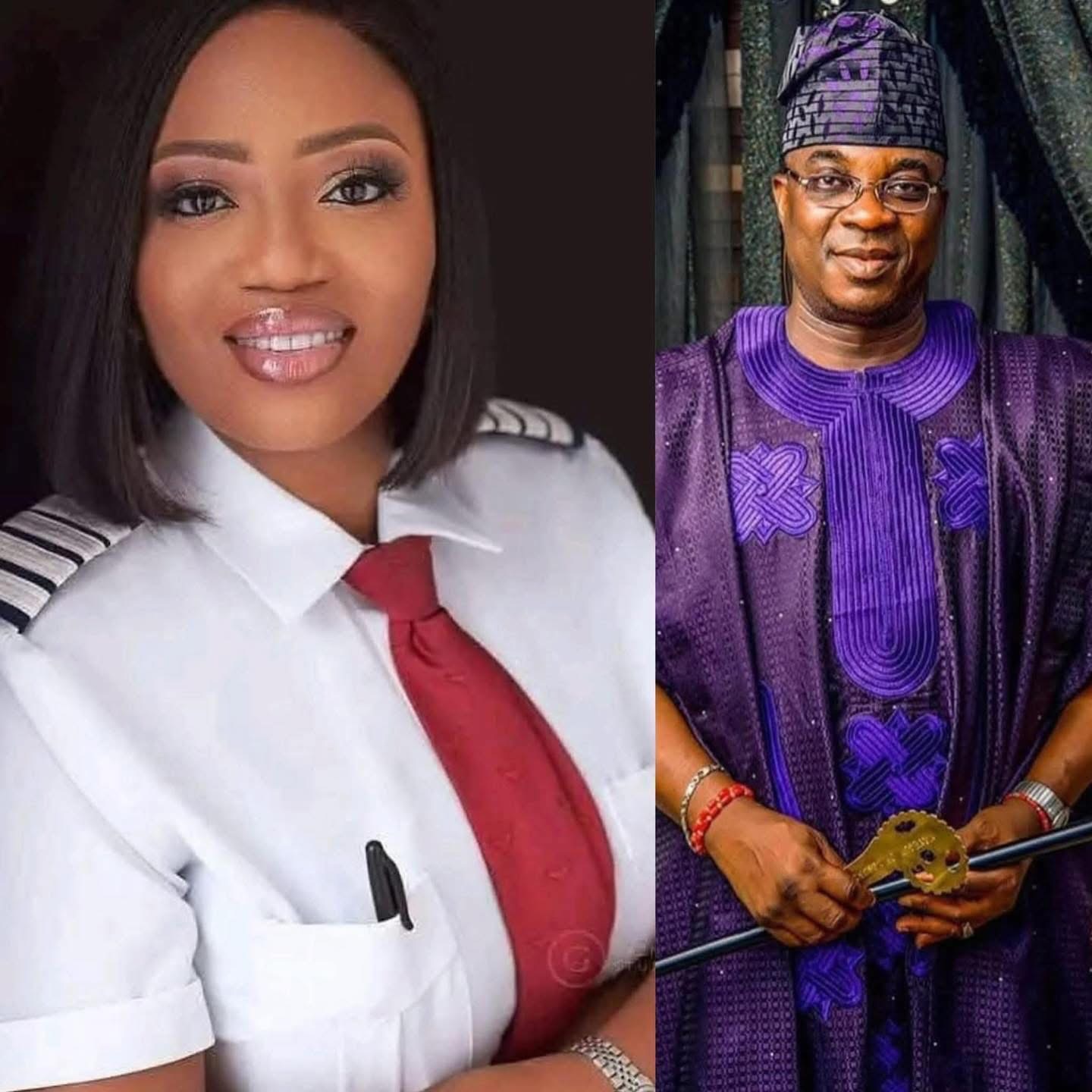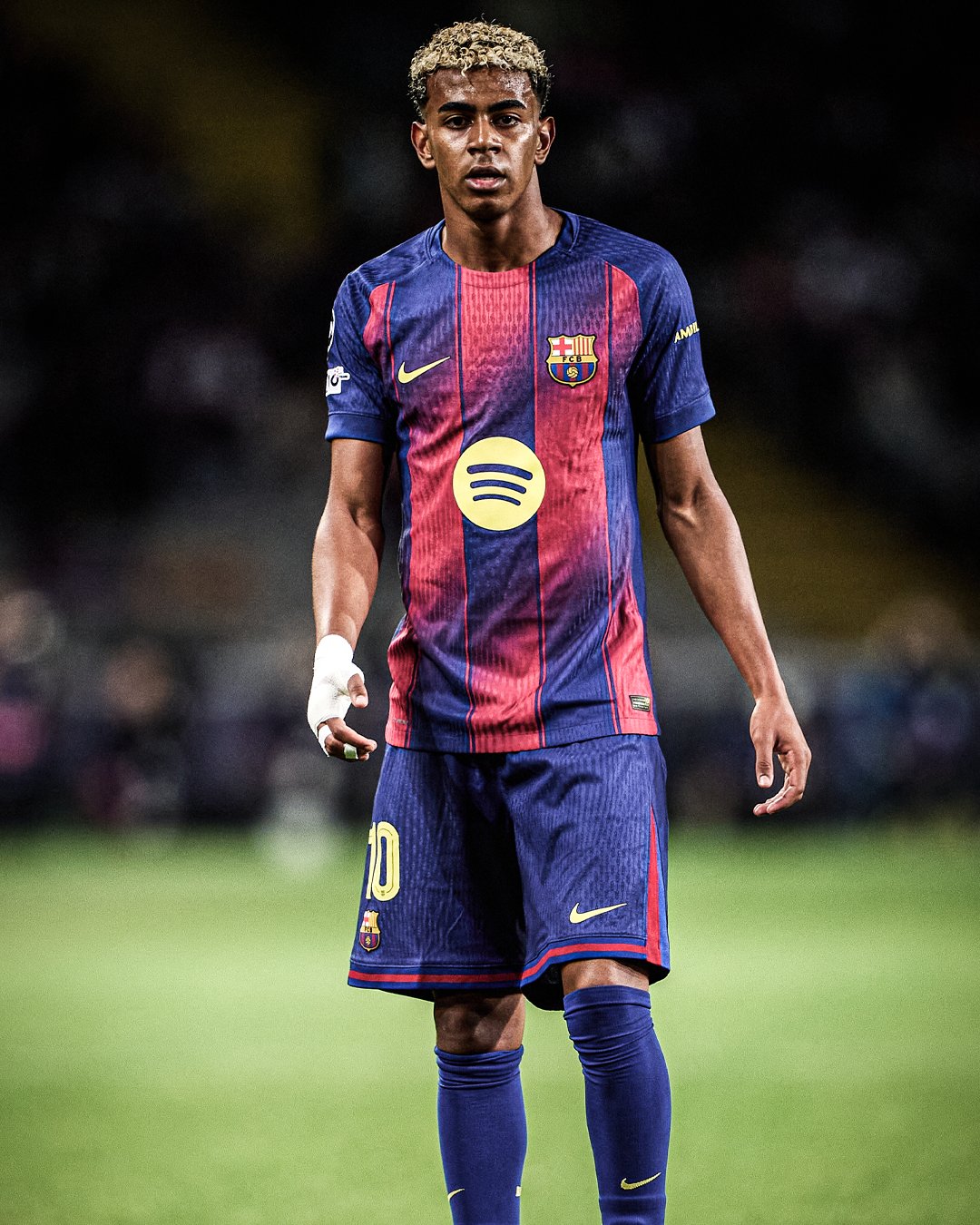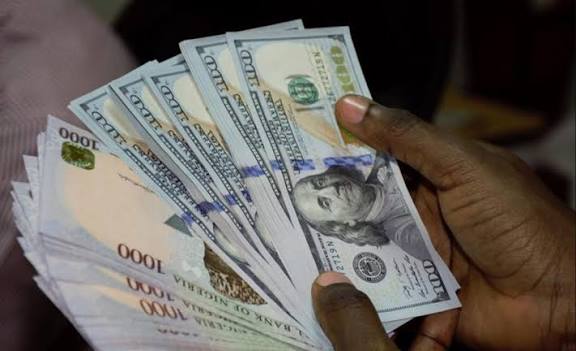
NCAA Reduces KWAM 1 Flight Ban to One Month as Pilots Face License Suspension in High-Profile Airport Dispute

The Nigerian Civil Aviation Authority (NCAA) has reduced the flight ban on Fuji music legend King Wasiu Ayinde Marshal, popularly known as KWAM 1, from six months to one month, in a decision that has reignited debate over aviation safety, celebrity influence, and regulatory consistency.
The ruling follows a heated incident on August 5, 2025, at an undisclosed domestic airport, where KWAM 1 was accused of breaching boarding safety protocols.
The confrontation reportedly contributed to a chain of events culminating in Captain Oluranti Ogoyi, a veteran pilot with over a decade of flying experience and daughter of former senator Felix Kola Ogunwale, initiating takeoff without clearance.
First Officer Ivan Oloba, who was co-piloting the flight, also faced disciplinary action. Both have had their licenses temporarily suspended pending further investigation.
While the NCAA’s original sanctions included a six-month flight ban for KWAM 1, the sudden reduction to a single month has drawn mixed reactions from the aviation community.
Industry safety advocates warn that such reversals risk undermining deterrence in a sector where human error accounts for 70–80% of all accidents, according to Boeing’s 2023 safety data.
The controversy has been further fueled by the Federal Airports Authority of Nigeria’s (FAAN) subsequent decision to appoint KWAM 1 as an ambassador for airport security — a move sharply at odds with earlier punitive measures.
The appointment has been interpreted by some observers as an example of political or cultural negotiation, rather than a purely safety-driven decision.
Critics argue that the swift transition from sanction to symbolic honor sends a confusing message at a time when global aviation regulators are pushing for stricter enforcement of safety rules.
Supporters counter that leveraging celebrity influence could help in promoting public compliance with airport security measures, though there is currently no empirical evidence proving the effectiveness of celebrity ambassadors in enhancing aviation safety protocols.
The NCAA has yet to issue a detailed public explanation for the reduction in KWAM 1’s ban or the broader implications of the pilots’ license suspensions.
For now, the case remains a flashpoint in the ongoing debate over how Nigeria balances accountability, safety, and cultural diplomacy in its aviation sector.


